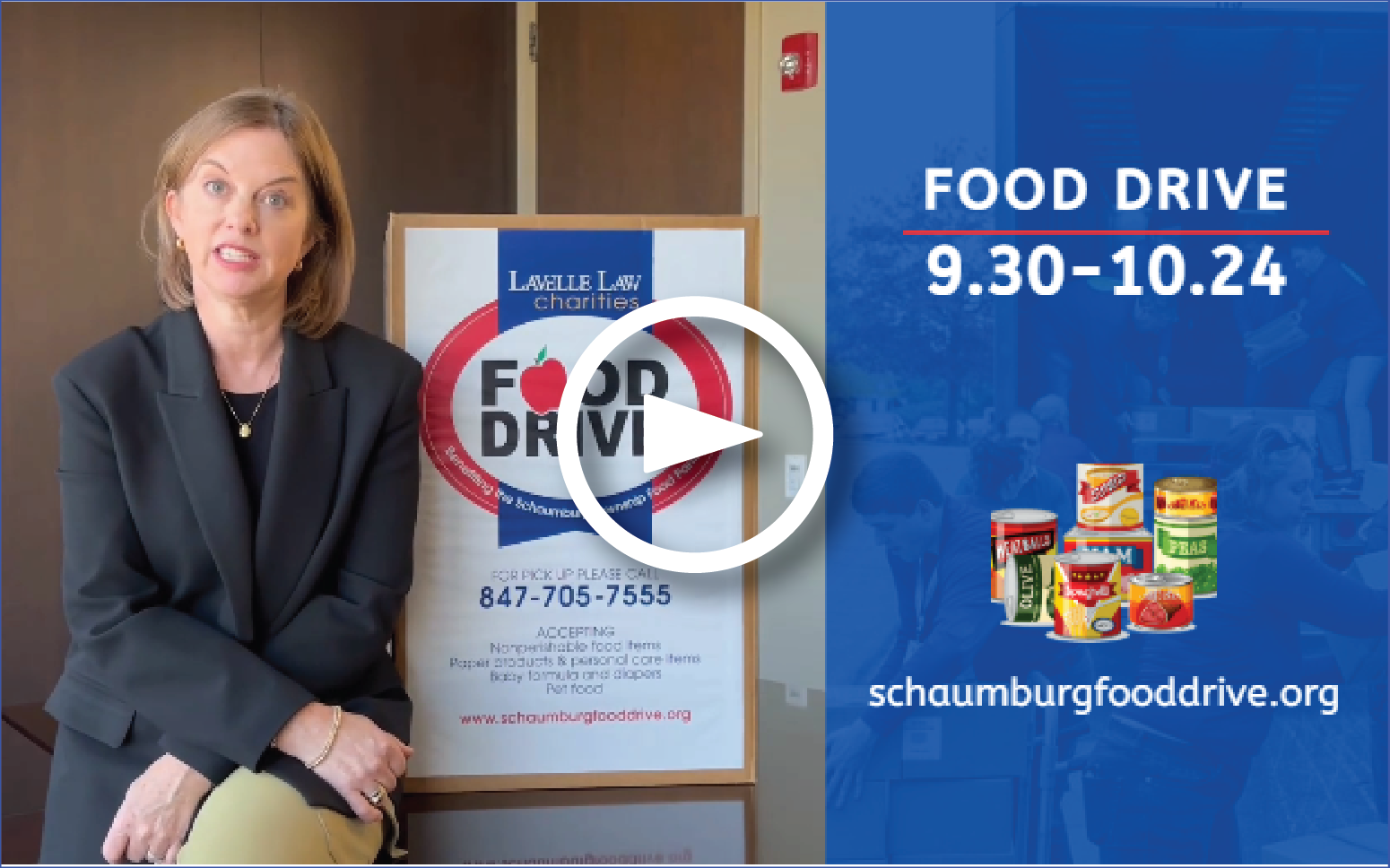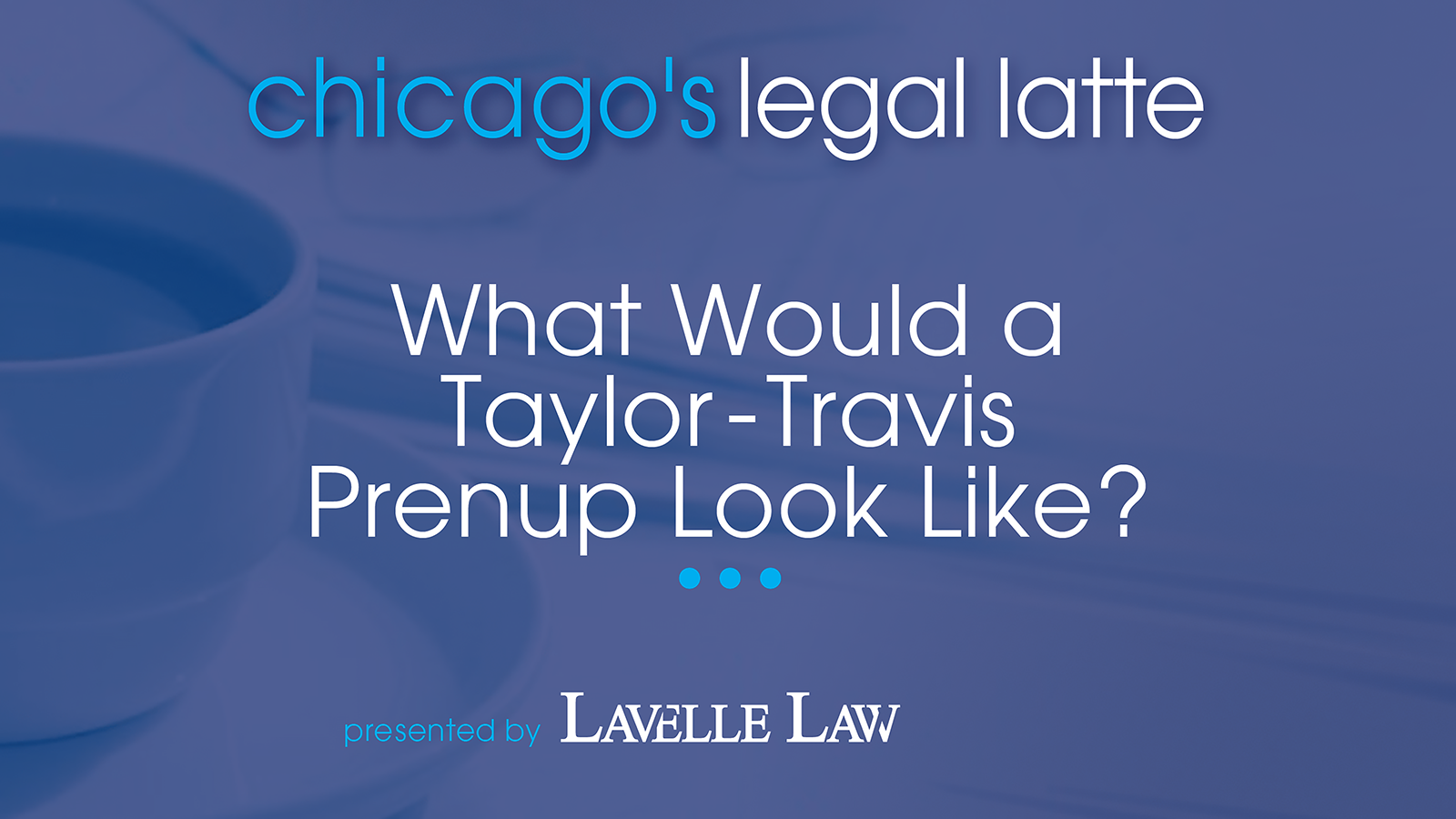Creditor Protection in Illinois: You Can’t Have Your Cake and Eat It Too
Domestic Asset Protection Trusts (DAPTs) are gaining popularity in asset protection planning, but only in the states which recognize them, leaving non-DAPT state residents vulnerable to creditors. DAPTs are self-funded spendthrift trusts for the benefit of the settlor, which can insulate assets from creditor claims. Currently, sixteen states have passed legislation allowing for asset protection from creditors in the form of a DAPT. (1) In Illinois, however, creditor asset protection and maintaining control over your assets are mutually exclusive. Illinois law does not recognize DAPTs for purposes of creditor protection.
What is a self-funded/settled spendthrift trust?
Generally, a creditor's judgment cannot be satisfied by funds held in trust for a judgment debtor if 1) the trust was created in good faith and 2) a person other than the judgment debtor created the trust or the funds held in trust proceeded from someone other than the judgment debtor. (2) A self-settled trust is a trust in which the settlor is also the person who is to receive the benefits from the trust, usually created and funded in an attempt to protect the trust assets from creditors. Most states, including Illinois, have adopted the common law rule that a self-settled trust created for the settlor's own benefit will not protect trust assets from the settlor’s creditors. (3) This rule applies even if the trust has a spendthrift provision — self-settled trusts are invalid as spendthrift trusts under Illinois law. (4) The common law rule is grounded in the principle that if a debtor has access to his assets in his role as a beneficiary, then his creditors may have access to them as well.
A spendthrift provision in a trust is designed so that the beneficiary is unable to sell or give away her beneficial interest in the trust property such that her creditors cannot attach it. Because the trustee is in control of managing the property, under the spendthrift provision, the trustee may stop payments to a beneficiary if the beneficiary becomes indebted to creditors. Properly drafted spendthrift provisions typically allow for trust corpus to remain in trust at the trustees’ discretion. Thus, the beneficiary of the trust is not in control of the property and her creditors cannot reach those assets. Under Illinois law, however, self-settled spendthrift trusts are void. (5)
What if I setup a DAPT and include a choice-of-law provision?
Although a settlor of a non-DAPT state can choose to have a trust governed by DAPT state laws through a choice-of-law provision, unfavorable jurisdictions, like Illinois, will conduct a conflict of laws analysis to determine the governing law in matters involving creditor claims. Normally, two basic conflict of laws issues arise: 1) there is the question of which state’s law should be applied to determine whether the transfer was fraudulent in nature, and 2) assuming that the transfer was not fraudulent, there is the further issue of which state’s law should be applied to determine whether the spendthrift trust itself is valid. (6)
Illinois generally follows the Restatement (Second) of Conflict of Laws in making choice-of-law decisions. (7) Under the Restatement (Second) of Conflict of Laws, the applicable law is the state with the most significant relationship to the trust assets. In its determination, the forum court considers the following contacts: 1) the place where the injury occurred, 2) the place where the conduct occurred, 3) the parties' domiciles, nationality, place of incorporation, and place of business, and 4) the place where the parties’ relationship is centered. (8)
In a case concerning the interpretation of an offshore self-settled spendthrift trust created by the Illinois judgment debtor, the court in Dexia Credit Local v. Rogan, 624 F.Supp.2d 970 (N.D.Ill. 2009), held that under Illinois choice-of-law rules, Illinois law, rather than Bahamian law, governed as a matter of Illinois public policy. 624 F.Supp.2d 970 (N.D.Ill. 2009).
If an Illinois resident creates a trust with a choice-of-law provision applying the law of a DAPT state and creditors subsequently challenge the trust in Illinois courts, Illinois courts will still apply Illinois law on the basis of 1) the “most significant relationship” test, and 2) as a matter of public policy. Note that this outcome applies even if the Illinois resident is not the trustee of the self-settled spendthrift trust, as Illinois courts focus the inquiry on whether the settlor is also a beneficiary. (9 )
A more notable case on self-settled trusts is the decision in Rush University Medical Center v. Sessions, 980 N.E.2d 45, 58 (Ill. 2012), where the Illinois Supreme Court found that “it is not a fraudulent transfer of funds that renders the trust void as to creditors under the common law, but rather it is the spendthrift provision in the self-settled trust and the settlor's retention of the benefits that renders the trust void as to creditors.” (10)
What does this mean for Illinois residents seeking creditor protection?
Illinois, like the majority of jurisdictions today, does not offer any real protection to its residents from creditors. The closest Midwestern state to have adopted a DAPT statute is Michigan, but this leaves little remedy for Illinois residents domiciled in Illinois.
For further discussion on asset protection planning, please reach out to Kerry Lavelle at 847-705-7410 or klavelle@lavellelaw.com to schedule an appointment.
(1) These states include Alaska, Delaware, Hawaii, Michigan, Mississippi, Missouri, Nevada, New Hampshire, Ohio, Rhode Island, South Dakota, Tennessee, Utah, Virginia, West Virginia, and Wyoming. Missouri has revised legislation enacted in 1986 to clarify that its laws provide spendthrift protection to settlors of certain irrevocable trusts. Oklahoma enacted its own version of asset protection legislation in 2004. Some commentators also believe that Colorado may provide some form of spendthrift protection to settlors of irrevocable trusts.
(2) 735 ILCS 5/2–1403; see also Gallagher v. Union Square Condominium Homeowner's Ass'n , 922 N.E.2d 1201, 1206 (Ill.App. 2 Dist. 2010), (best indication of legislative intent is plain and ordinary meaning of words used in the statute).
(3) Restatement (Second) Trusts § 156 (1959).
(4) In re Simon , Bkrtcy.S.D.Ill.1994, 170 B.R. 999.
(5) 735 ILCS 5/2–1403.
(6) Kim Kamin & Kristen Hosack Pace, Asset Protection Planning §10.2 (IICLE 2018).
(7) Dancor Const., Inc. v. FXR Const., Inc ., 64 N.E.3d 796 (Ill.App. 2 Dist. 2016).
(8) Restatement (Second) of Conflict of Laws § 148(2).
(9) 735 ILCS 5/2–1403
(10) Sessions, 980 N.E.2d 45, 53 (Ill. 2012).
More News & Resources
Lavelle Law News and Events











